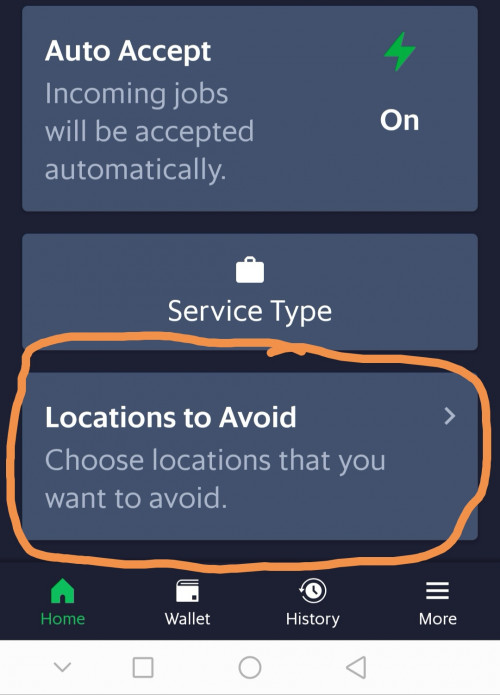I don’t know either, that’s why I say “probably”

because if passenger booked at RM5, then can’t get a ride at all, then when try book again it becomes RM10, that’s just not good optics.
That’s probably what happened in the past, and the analyst dug out from the trove of user activity to find out that 80% of users who experienced this just never ordered a ride again.
Again, I don’t know, it’s just my speculation.
Taking a page from how Japanese restaurant owner do business with fishermen (sometimes owner will buy fishes they don’t need, as gesture of goodwill, so that when fishermen got fish that owner wants, owner gets the fish because of the established relationship), Grab might just top up TBB to keep that one transaction going.
After all, count of transaction is one of key important metrics in most businesses.
So by losing some money (again, we don’t even know if they really lose money. Grab can probably earn back a lot from demand surcharge commission) in form of TBB, Grab fostered goodwill with customer, keep them coming back.


 Mar 13 2019, 09:17 AM
Mar 13 2019, 09:17 AM

 Quote
Quote
 0.0231sec
0.0231sec
 0.16
0.16
 7 queries
7 queries
 GZIP Disabled
GZIP Disabled